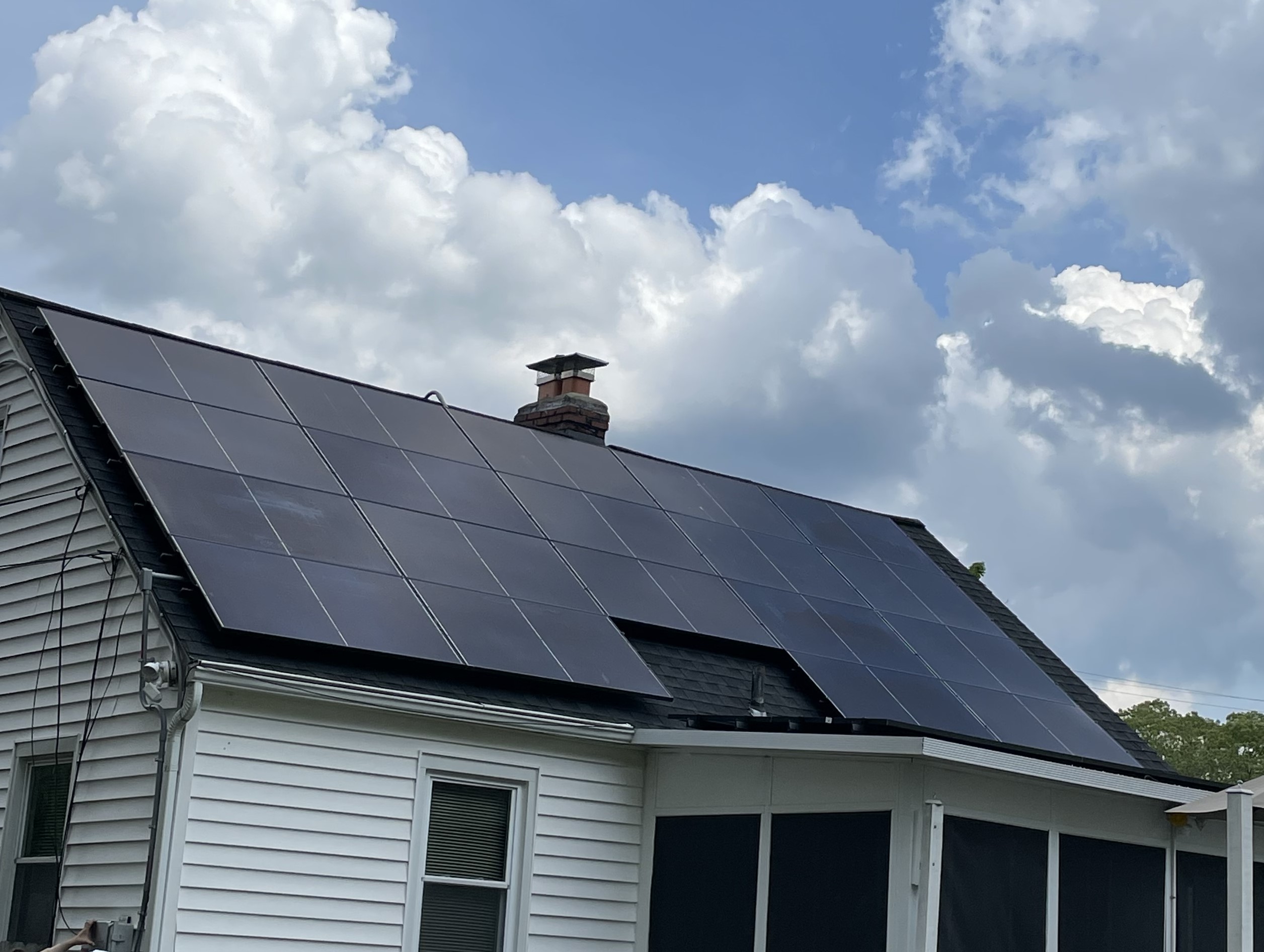Residential solar panels are an investment in green energy, potentially reducing utility bills while sparing the environment from the carbon emissions associated with producing and using other forms of energy, like natural gas and electricity. Homeowners who are considering installing solar panels often have a lot of questions—and sometimes, it can be difficult to find answers. What they don’t tell you about solar panels is just as important as what you can find in the brochures when making your decision.
Your House Might Become Cooler
One commonly overlooked side effect of installing solar panels on the roof is that they prevent the sun from warming the roof tiles as much. This is great news for the solar panels, as they are in prime position to absorb the sun’s energy. It can also be a good thing for homeowners, who spend less on air conditioning bills in the summer. However, those monitoring the temperature control in their home should be aware of this lesser-known consequence of installing solar panels.
A Panel’s Life and Performance Are Not Set in Stone
When people purchase solar panels, they often plan their energy offset based on the manufacturer’s information about the life and performance of the panel. However, solar panels do not operate on a fixed table. Instead, solar panels may produce more energy than homeowners expect during peak sunlight hours. Conversely, as the system gets older, it may become less efficient.
Don’t let this discourage you from converting to solar energy, though; even panels that have been operating for more than 20 years still produce about 90% of the energy they did when they were brand new, on average. Degradation is minimal over time.
Warranties Might Not Cover Everything
Many homeowners assume that because their solar panels come with a warranty, they do not ever need to worry about repair or replacement costs. It is important to always read the details of a warranty to understand what it covers.
For instance, some warranties may protect against malfunction and damage, but they may exclude panel damage caused by hail. Other warranties might pay for the cost of repairs, but they may only cover parts and not labor.
Your Energy Bill Might Not Disappear
One of the most appealing elements of solar installation is the prospect of fully replacing the home’s energy usage so that the electricity bill disappears. However, homeowners should still expect to receive a bill if they are connected to the grid. Most utilities continue to charge a basic service fee to remain connected in case the home needs to draw on municipal power in addition to solar.
Furthermore, the size of a solar installation affects how much the energy bill changes. If homeowners do not purchase enough panels, they will still have a bill to pay, albeit less than before having solar panels.
Solar Is Not Completely Green
Solar is an appealing clean energy source, but that does not mean it is entirely eco-friendly. The production of a solar panel requires copper, lithium, and silicon, among other materials that incur some greenhouse gasses to make.
However, solar is one of the cleanest options. Panels take around three years to offset the carbon they produce from manufacturing. After this point, they are completely carbon neutral, creating no further greenhouse emissions. This amounts to approximately 20 times less carbon emissions into the atmosphere than some of the most commonly used sources of electricity.
You Might Need to Change Your Property
For solar panels to perform at their best, they need uninterrupted access to sunlight. While homeowners may already understand that they need to install panels on the side of the roof that faces the sun, they may not anticipate other property changes that are necessary to facilitate good performance.
One of the most common landscaping changes is trimming or removing trees. Their bushy crowns can interfere with sunlight access to the panels and may scratch or break them if they come into contact. Homes may also need roofing repairs in order to keep the panels secure if the roof is older or in poor condition.
See If Residential Solar Panels are Right for You
Switching to solar energy is great for the environment and can help to decrease or even completely compensate for the electrical energy used in a home. However, going solar requires careful consideration, and it is important to go into this decision with all the facts—including what they don’t tell you about solar panels. To see if solar panels are right for you, talk to the professionals at Energy Select who will provide a custom evaluation of your property and explain how solar can fit into your goals. Contact Energy Select to schedule an appointment.


